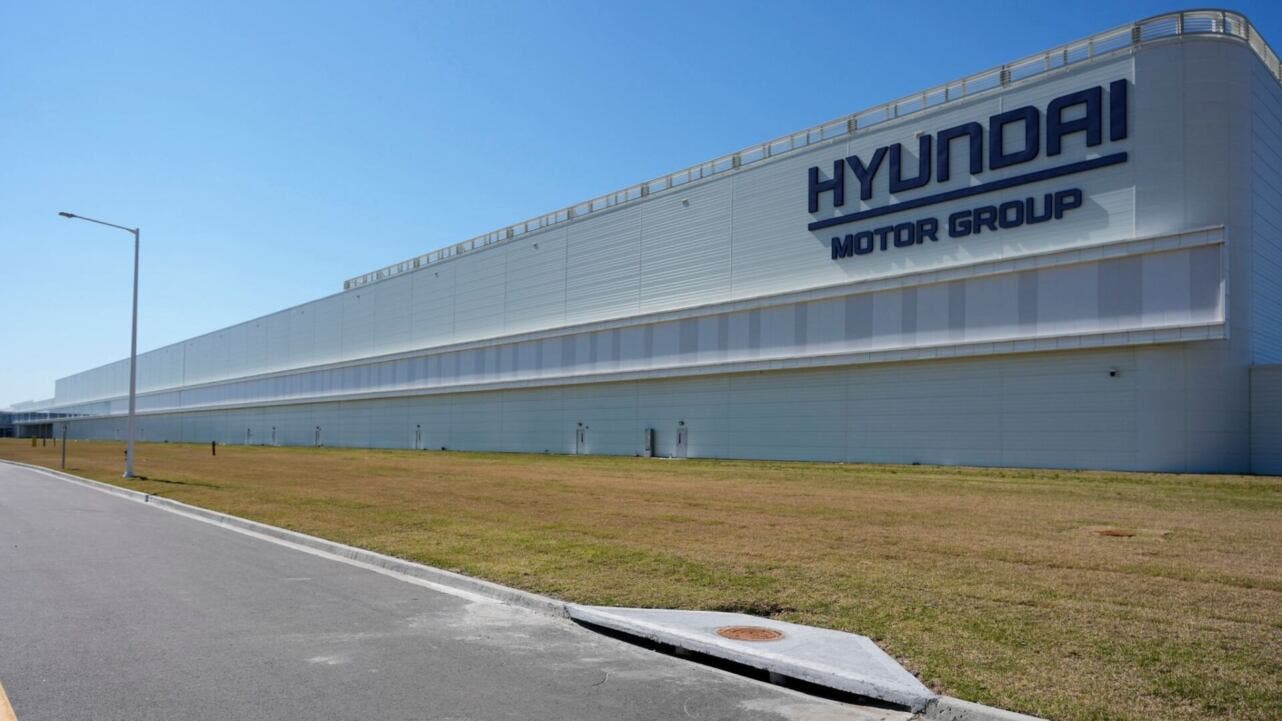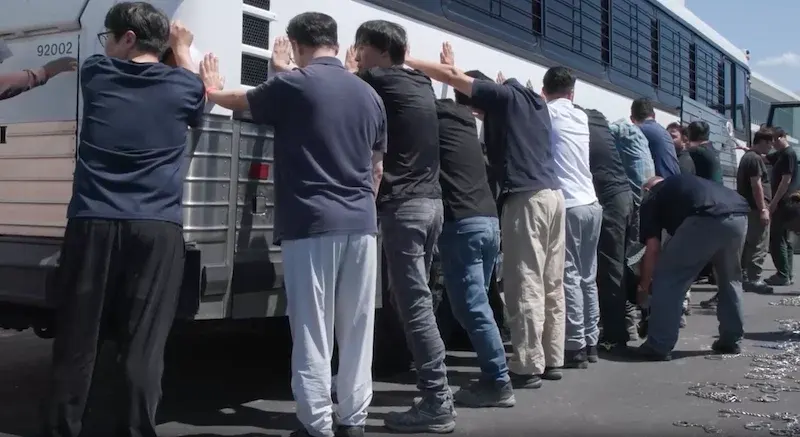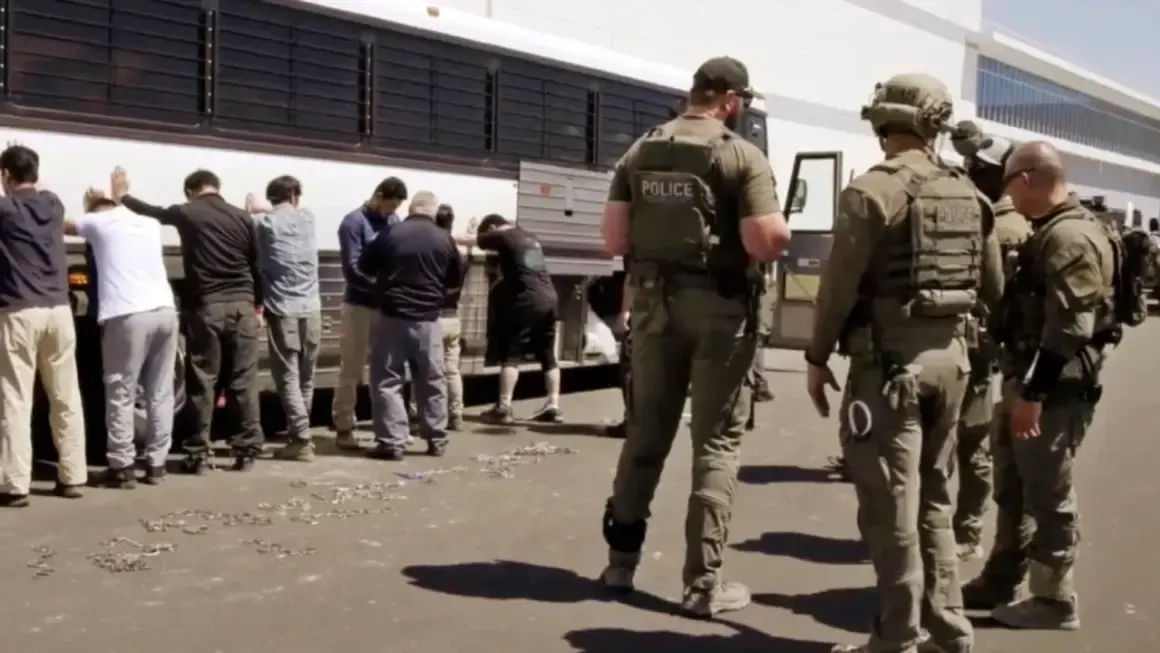The recent ICE raid at Hyundai-LG’s battery plant construction site in Ellabell, Georgia, has ignited a storm of political and industrial consequences, casting shadows over US–South Korea economic cooperation.
On September 4, immigration officers detained 475 workers, including 317 South Koreans, many of whom had entered the US legally with valid business or temporary work visas. Eyewitnesses described the raid as particularly harsh: ICE agents entered the facility during working hours, when employees were wearing helmets and protective gear. Workers were rounded up, zip-tied, and forced to sign complex English-language documents, often without proper translation. Many unknowingly signed “voluntary departure” forms, effectively labeling themselves as unauthorized migrants.

A diary leaked by Yonhap exposed the conditions inside detention: overcrowded, freezing cells without clocks or windows, moldy mattresses, and bathrooms with no coverings. Some detainees reported having to bend down to drink water and using sheets as makeshift partitions. These accounts fueled outrage in South Korea, where media outlets openly denounced violations of human rights.
The political and economic repercussions are far-reaching. Just weeks before the raid, Seoul had announced a $350 billion direct investment plan in the US, much of it directed toward advanced manufacturing and green technology. The arrests have shaken investor confidence, raising concerns about the reliability of US visa procedures and the risks of future projects.
South Korean lawmakers and diplomats have criticized the handling of the episode, calling it inconsistent with Washington’s push to strengthen domestic manufacturing with foreign capital. From an industrial perspective, the fallout is severe.

The Hyundai-LG facility, part of a multibillion-dollar complex designed to boost electric vehicle production and create thousands of US jobs, will face a two- to three-month delay. This setback could undermine America’s ability to compete with China and Europe in the battery supply chain, a sector considered vital to the global energy transition.
President Donald Trump, who initially defended ICE’s actions, later softened his stance, acknowledging the importance of foreign experts in training American workers. He argued that without such skilled professionals, major foreign investments in semiconductors, computing, and advanced manufacturing would never materialize. Despite his reassurances, public opinion in South Korea remains deeply critical, and companies are weighing whether to slow down or redirect their US investment strategies.
The Hyundai-LG case has therefore become more than just a labor issue: it is a litmus test for the future of US–South Korea relations, the credibility of America’s immigration system, and the country’s ability to balance industrial ambitions with restrictive migration policies.
